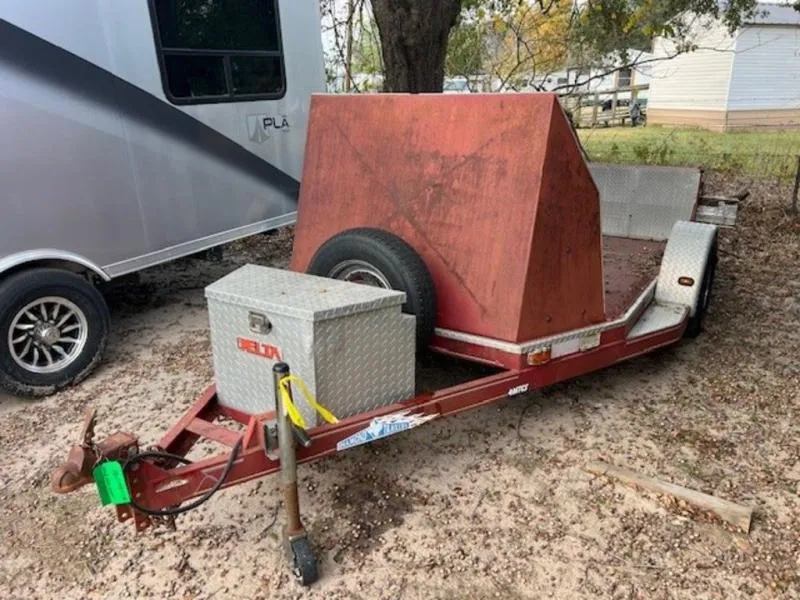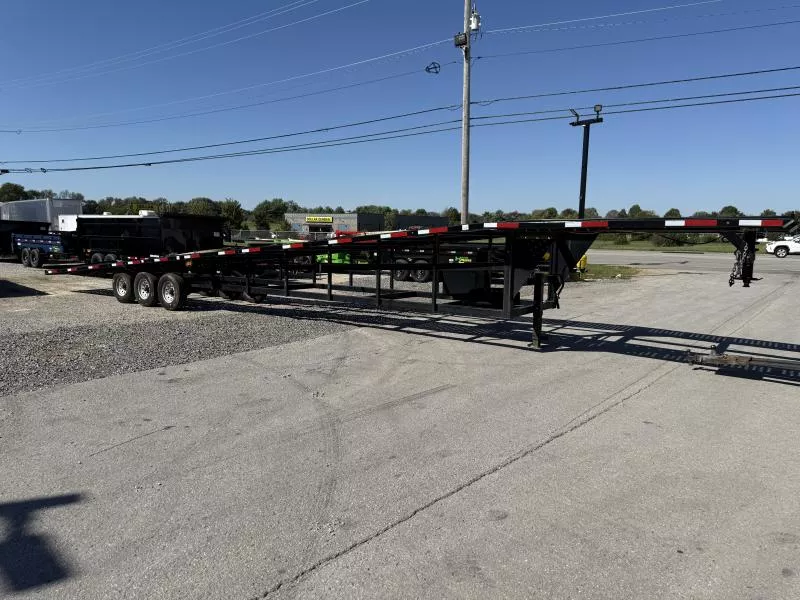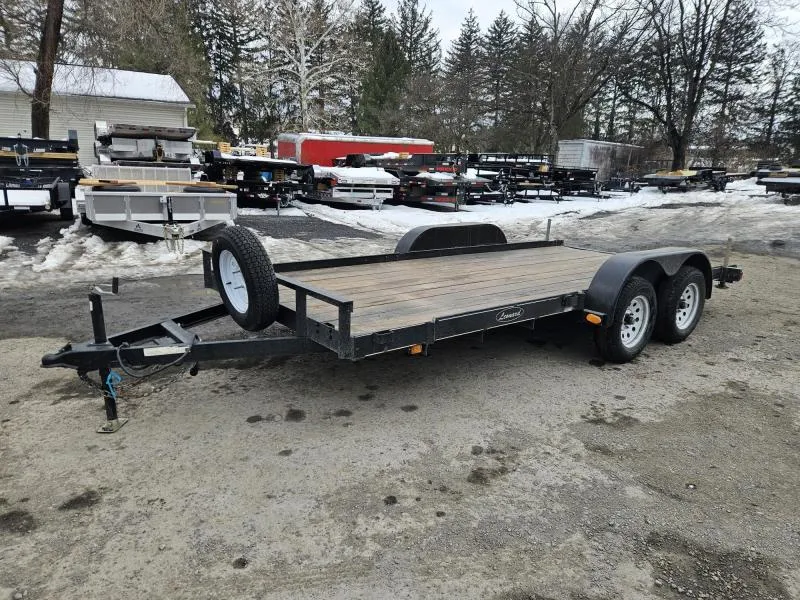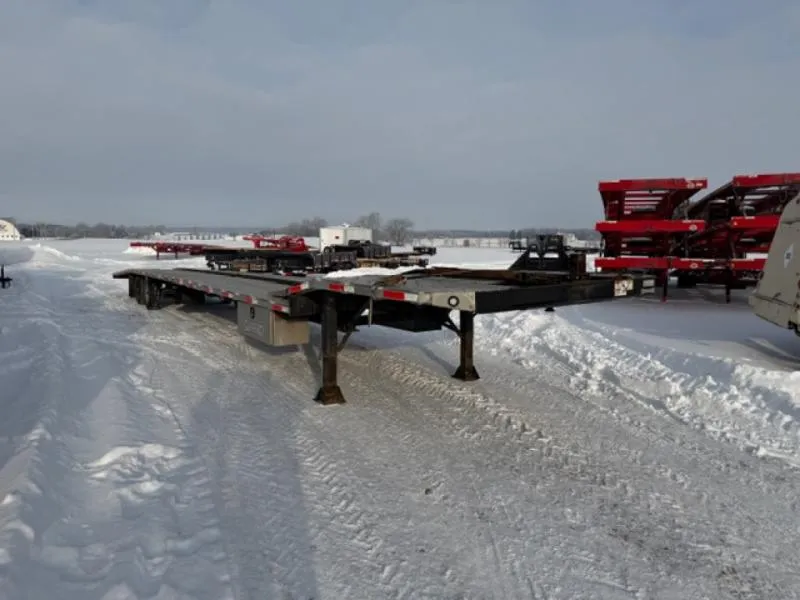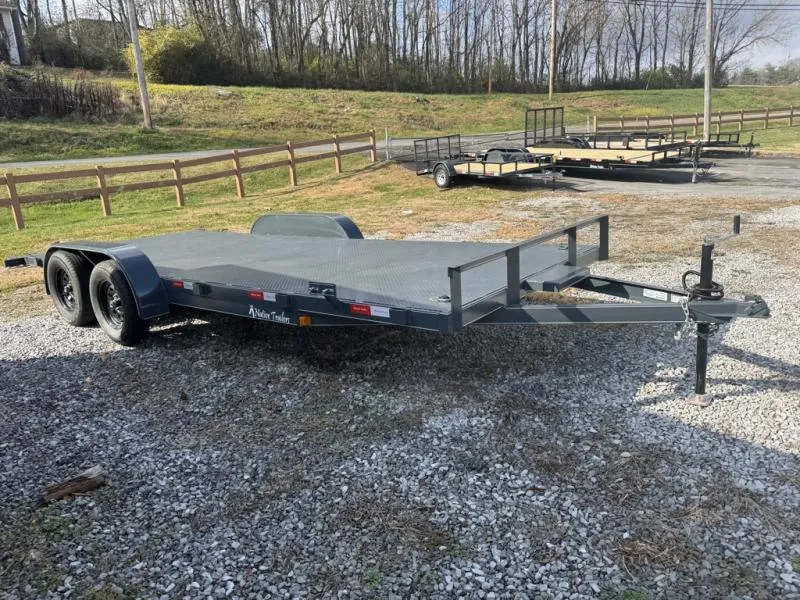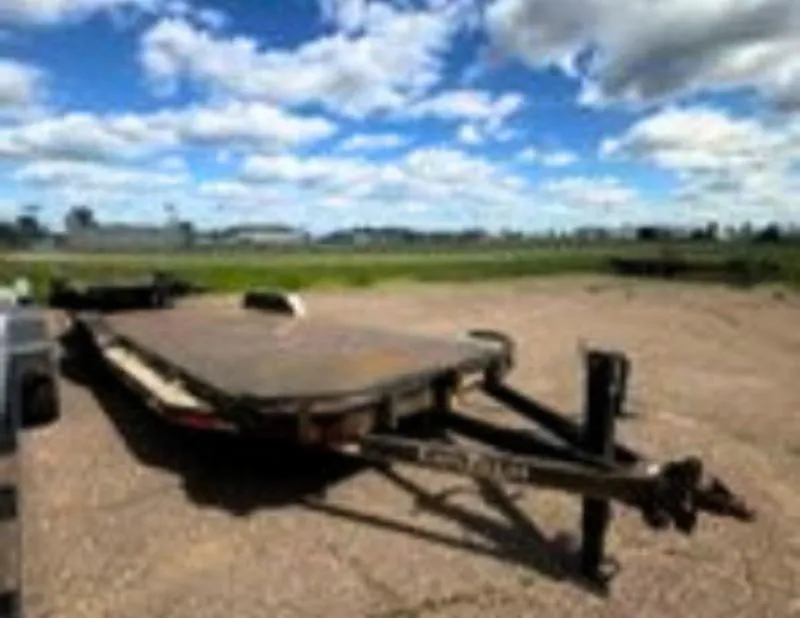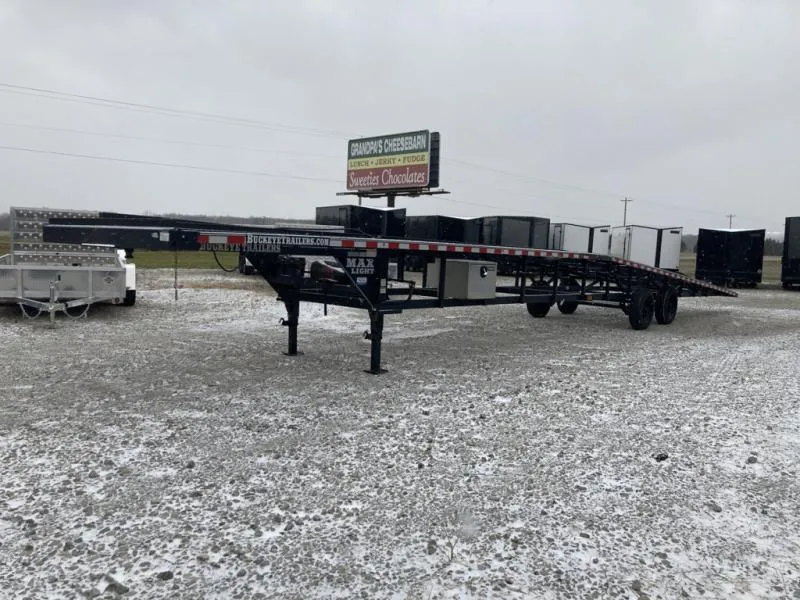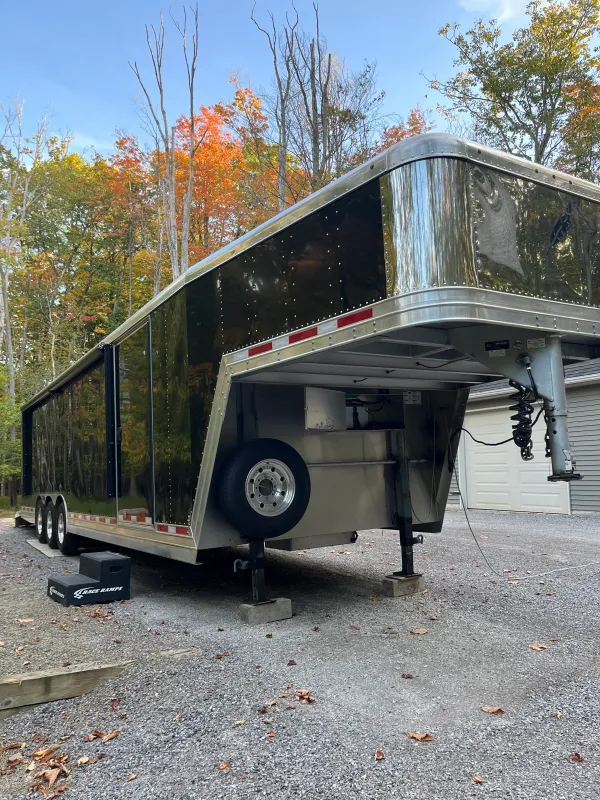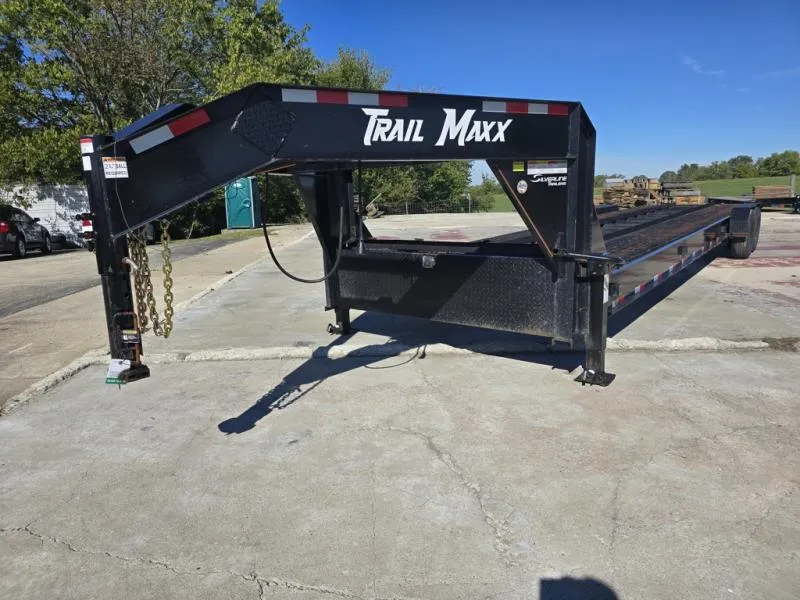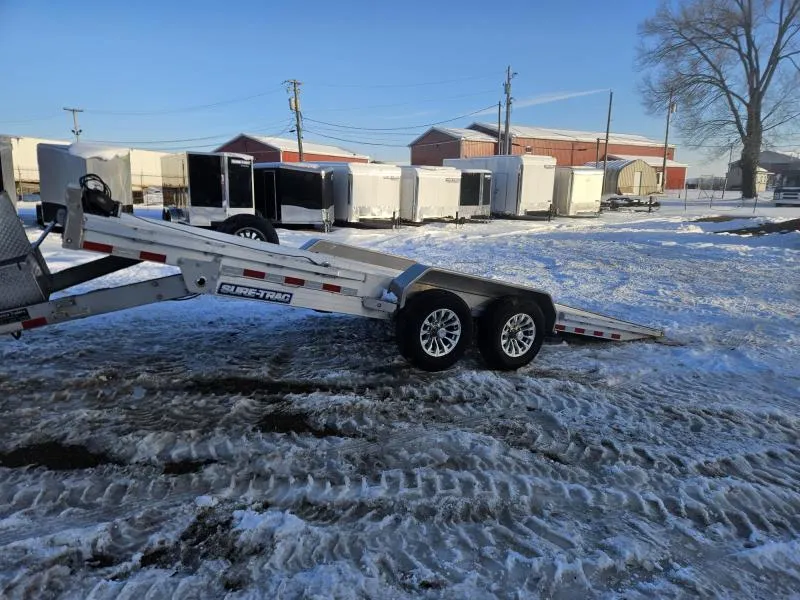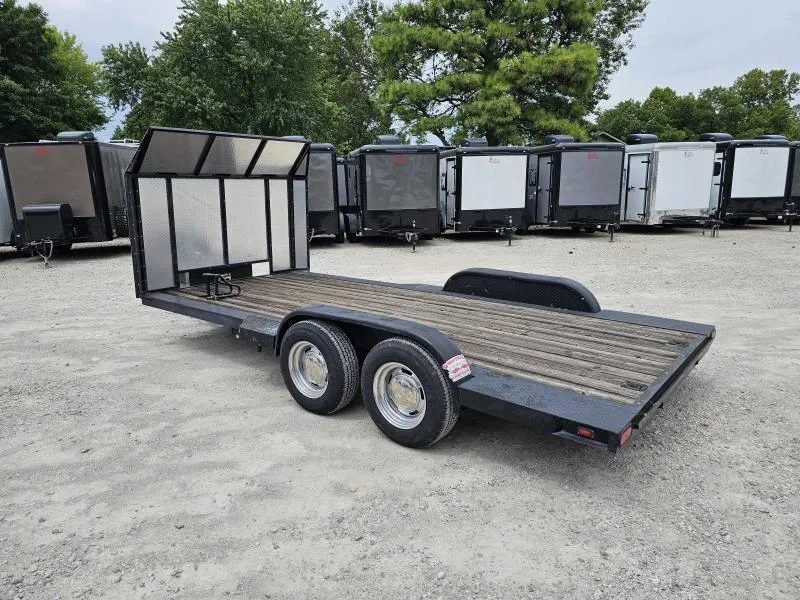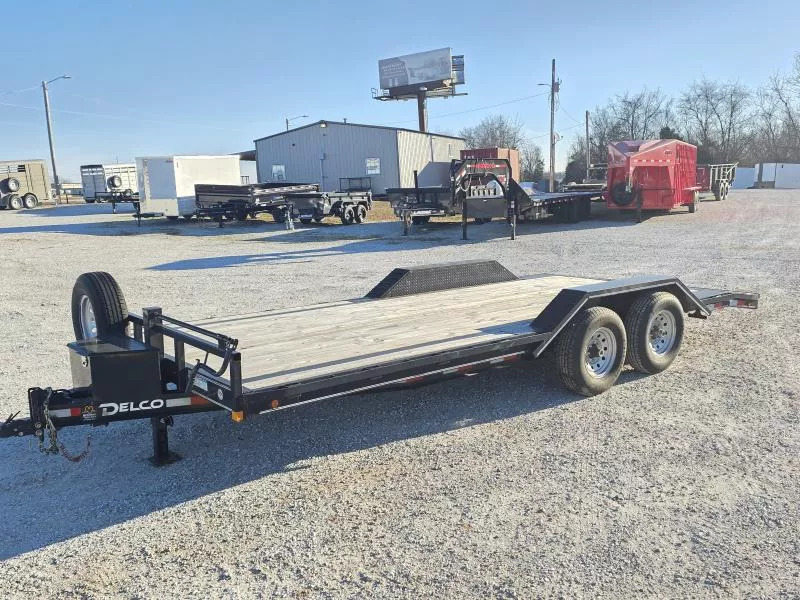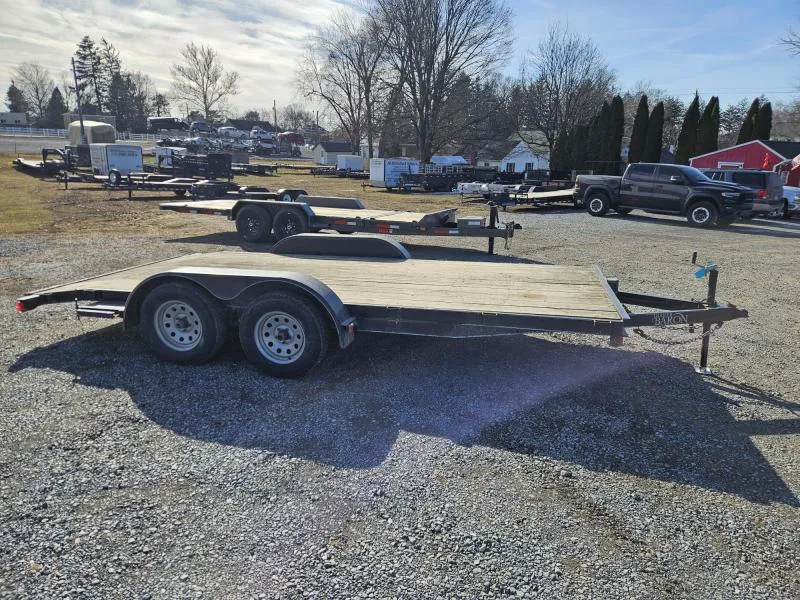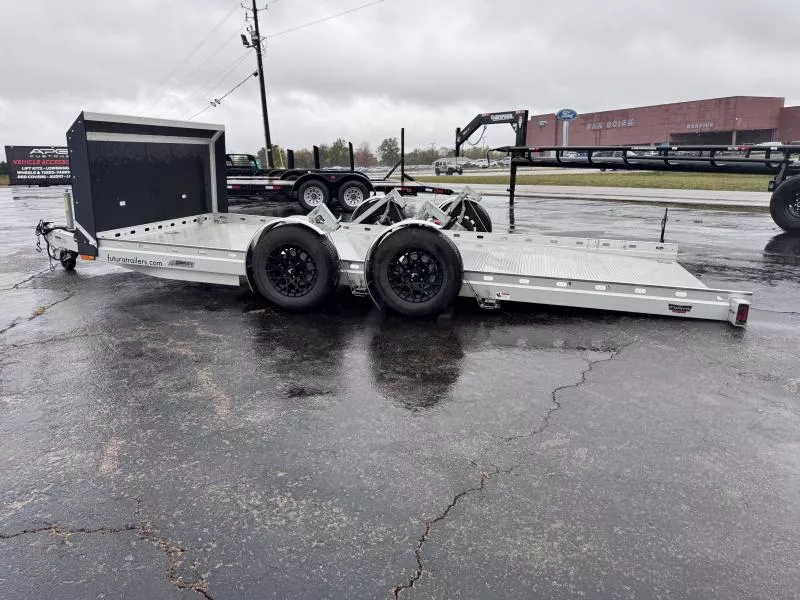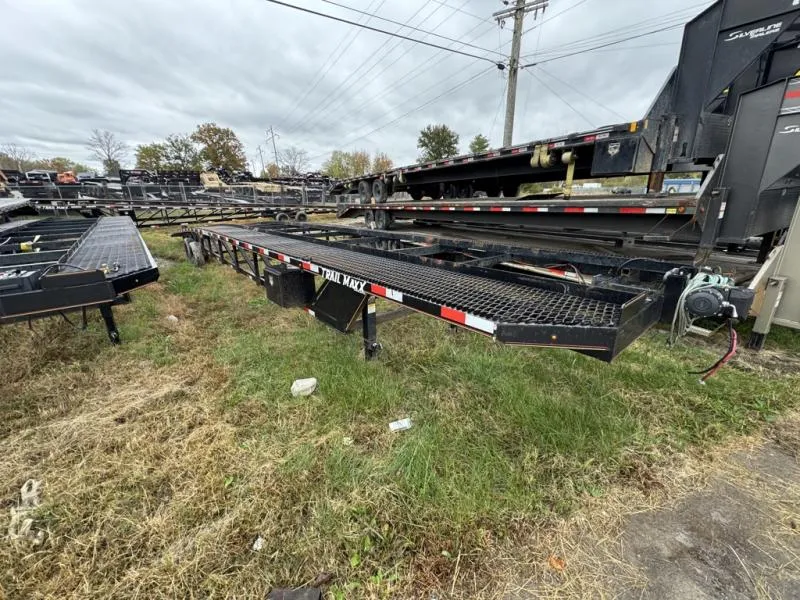Used Car Haulers / Racing Trailers for Sale
Discover 131 trailers of popular models like Car Haulers / Racing Trailers from leading manufacturers like Sure-trac, Big Tex Trailers, Kaufman Trailers and more. Start browsing now and connect with trusted dealers and private sellers.
Enhanced Listings
SINGLE AXLE MOTORCYCLE / TRIKE HAULER 10' STEEL DECK SINGLE AXLE 15" TIRES BIFOLD REAR RAMP SHEILD GUARD (3) FLIP...
THIS IS A GREAT DEAL ON A 3 CAR CARRIER! 3 X 7000# Leaf Spring Axles Silver Mod Wheels ST235/80R16...
2019 Carry-On Trade In Car / Racing Trailer
2023 Shipshe 53? Step Deck Extreme Fully serviced, ready to roll! Financing available for credit scores 600+ - Stamped aluminum...
RV tow package with winch - (2) 8K dexter axles with electric brakes - Single 12,000lb jack - 8' Aluminum...
All aluminum 4941 Featherlite enclosed gooseneck car trailer. 30' on the floor, 8'on the goose, total length 38'. Triple 5.2K...
THIS POWER TILT ALUMINUM CAR HAULER IS EQUIPPED WITH A EXTRUDED FLOOR AS WELL AS OPTIONAL 8000# WINCH AND DUAL...
Racing trailer made in California 82 inches by 16' in length. Extremely well built frame, aluminum ramps that lock in...
2021 102x20 14K Delco w/ Drive Over Fenders/ 2' Dove/ Slide Out Ramps in Rogersville, MO
2021 Delco 102x18+2 Slide Out Ramps 2-7K electric brake axles 10ply Tires (70%) Spare Tire Front Toolbox Spring Loaded 10K...
USED Quality 7x16' Wood Deck Car Hauler Trailer 7000# GVW
Overview Experience the innovation of Futura’s Super Sport — a premium, all-aluminum lowering car trailer engineered for performance vehicles and...

